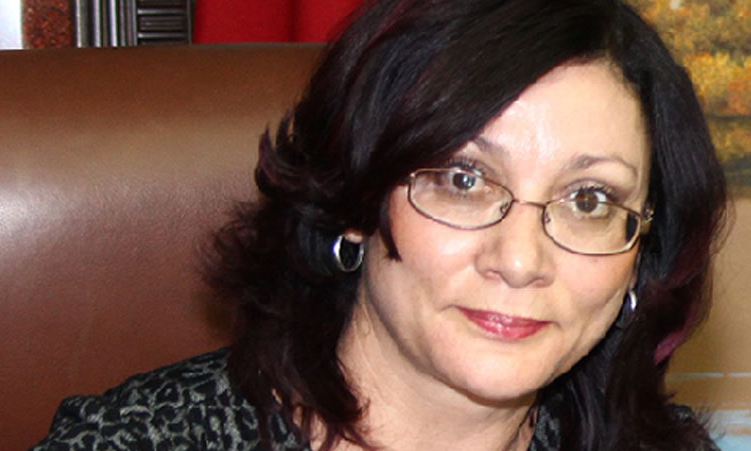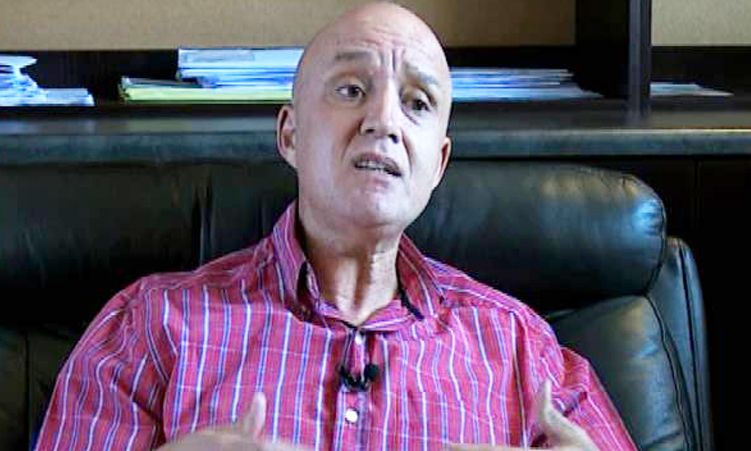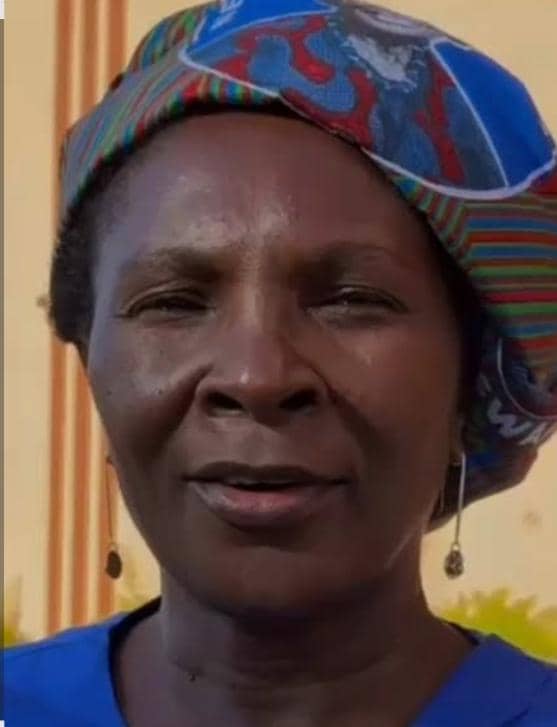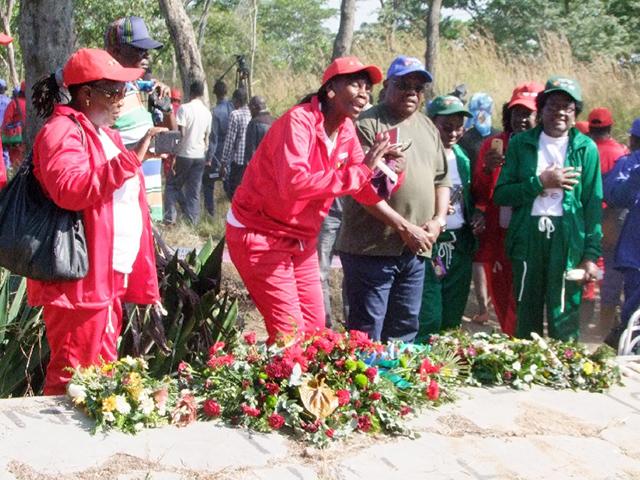A teenager (18) from a high school near Oshakati says she is constantly ridiculed about her appearance.
This has become so extreme that the tall, slender Grade 11 pupil has even considered taking her own life.
She says the bullying started at Lüderitz, where she attended primary school.
The teen, whose name is not mentioned to protect her privacy, says: “I was tall, with long arms and long fingers.
Fellow pupils used to laugh at me. They used to bully me and I felt uncomfortable, I would bend my back to appear short.
“I only had two friends at the school. No one else wanted to be my friend. In the street people would bully me.
“Even when they met me in a shop, they would poke fun at me.”
The teenager says she would sometimes skip events at the town, such as the popular annual Lüderitz Crayfish Festival, because she was afraid of being laughed at.
“I always wanted to hide myself, because I thought I was not created by God. There was a time I wanted to drown myself in the sea,” she says.
Because she was taller than all the girls at her former school, she started asking her teachers whether she could not go to other countries with tall people.
MARFAN SYNDROME
The teenager says she was diagnosed with Marfan syndrome in Grade 1, an inherited condition that affects the connective tissue.
People with Marfan syndrome are tall and thin, with unusually long limbs.
It affects the eyes, heart, blood vessels and skeleton, mayoclinic.org says.
“I use one eye to read,” the teen says.
She says she underwent an operation at Windhoek Central Hospital to correct a hanging lens five or six years ago.
A doctor ordered an artificial lens for her from India and gave it to her for free, she says.
Some nurses at the hospital would laugh at her condition, she recalls.
“I was uncomfortable. I did not feel good. I was insecure,” she says.
When she moved to a high school at Ongwediva, pupils started bullying her again.
The girl says she reported the matter to the principal’s office and the pupils were called in, but the bullying never stopped.

IT FINALLY STOPS
“They continued this year, and one day I decided I had enough of their bullying, and I defended myself. I told them I don’t like the way they treat me. Now they have stopped,” she says.
The teenager says she now wants to raise awareness of people with Marfan syndrome.
Executive director of education, arts and culture Sanet Steenkamp says bullying is systemic and the ministry is taking it seriously. The ministry has a policy in place, she says.
“These matters are truly systemic and require active addressing. We are also working on a safe school campaign, where police officers have received special training on how to work and address our pupils on issues of bullying.
“So, it’s not something we take lightly. We also believe the action of the schools should be that the parents or the guardians or family members of the child must be approached, and an honest discussion must take place,” she says.
Steenkamp says children subjected to bullying should be referred to therapists to address long-term impacts.

EFFECTS
Clinical psychologist Shaun Whittaker says bullying is a big issue in Namibia and the country is not doing enough about it.
“The teasing tends to revolve around racism, sexism and homophobia and I think that’s why you have this constant focus on physical appearance,” he says.
He says bullying has a huge impact especially on the victims’ self-esteem.
“I think it’s important to counter it, and of course to help our teenagers with more positive messages about themselves, which is a huge issue in a country like Namibia with a racist background,” Whittaker says.
Social worker Sofia Negonga says bullying has psychological effects on victims, such as a lack of self-actualisation, poor concentration and the feeling of having no purpose in life.
Social worker Lovisa Nghipandulwa says a child who is bullied is likely to develop depression.
“It can also lead to isolation. The child may not mingle and mix with others. It can also affect the child’s academic performance.
“And when they are at home, they are worried about going to school tomorrow,” she says.
Stay informed with The Namibian – your source for credible journalism. Get in-depth reporting and opinions for
only N$85 a month. Invest in journalism, invest in democracy –
Subscribe Now!










